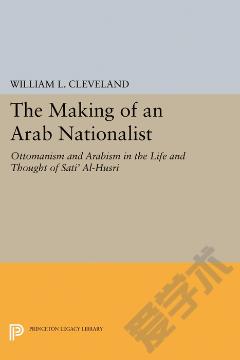Post-colonial Syria and Lebanon —— The Decline of Arab Nationalism and the Triumph of the State
----- 后殖民时代的叙利亚和黎巴嫩:阿拉伯民族主义的衰落和国家的胜利
The complex relationship between Syria and Lebanon is the political fulcrum of the Middle East, and has dominated headlines since the withdrawal of French colonial forces from the Levant in 1943. One of the great paradoxes of this relationship is how two such very different political systems emerged in what many Syrian and Lebanese people see as one society. At the time of independence, it was assumed that only the divide-and-rule strategies of foreign powers kept the Arab peoples artificially separated. In this major new book, Youssef Chaitani examines how, despite the prevalence of Arab nationalism and the regression of imperial interference, Syria and Lebanon became more divided, rather than more integrated in the post-independence period. Drawing on untapped sources from the archives of Western foreign offices and the local press, Chaitani uncovers the strategies and motivations of both countries' elites during this period, and produces conclusions which have major implications for our understanding of Arab nationalism, as well as the complexities of the Syrian-Lebanese relationship."This fascinating and profound diagnosis of why Syria and Lebanon fell out in their first years of independence helps explain the tensions which bedevil their relations to this day" - Patrick Seale"Syrian-Lebanese relations are high on the agenda of Middle East politics at present, and this is a most timely book..thoroughly researched and documented" Sami Zubaida, Birkbeck College, University of London
{{comment.content}}








 京公网安备 11010802027623号
京公网安备 11010802027623号